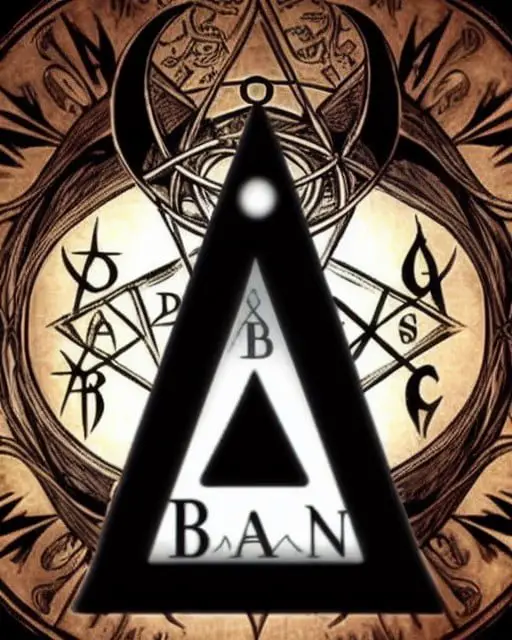The world is full of mysteries, and some people turn to occult beliefs to find answers. Occultism encompasses a range of practices, from astrology to witchcraft, and often promises to reveal secrets about the universe and our place in it. However, the allure of the occult can be dangerous, as it can lead people into a trap of ignorance and insecurity.
The Dangerous Allure of Occult Beliefs
Occult beliefs have long been a part of human history, and they continue to fascinate people today. The reasons for this are complex, but one factor is undoubtedly the promise of hidden knowledge. Occult practices often claim to provide insights into the nature of reality, the workings of the cosmos, and the mysteries of life and death. This can be enticing for those who feel that conventional ways of understanding the world are inadequate or limited.
However, the allure of the occult can be dangerous. Occult beliefs often involve practices that are unproven, at best, and fraudulent, at worst. Furthermore, many occultists make grandiose claims about their powers and abilities, which can be misleading and harmful. People who become too deeply involved in the occult may find themselves isolated from friends and family, and may even suffer financial or psychological harm.
How Ignorance and Insecurity Fuel the Trap
One of the main reasons that people fall into the trap of occult beliefs is ignorance. Many occult practices are shrouded in mystery, and their practitioners often speak in vague or esoteric language. This can make it difficult for outsiders to understand what is really going on, and can create a sense of exclusivity and insider knowledge. Additionally, people who are ignorant of scientific or rational ways of thinking may be more susceptible to occult claims, as they lack the critical thinking skills to evaluate them.
Another factor that fuels the trap of occult beliefs is insecurity. Many people who turn to the occult are looking for answers to deep or difficult questions, such as the meaning of life or the nature of consciousness. They may feel lost or uncertain in the world, and may be searching for a sense of purpose or belonging. However, occult beliefs can exacerbate these feelings of insecurity, as they often involve a rejection of mainstream culture and a retreat into alternative, often paranoid, worldviews.
In conclusion, while it is understandable that people are drawn to occult beliefs for a variety of reasons, it is important to approach them with caution and skepticism. Ignorance and insecurity can make people vulnerable to the trap of occultism, which can lead to harmful consequences. By educating ourselves about the nature of occult practices and cultivating critical thinking skills, we can avoid falling into this trap and find better ways to satisfy our curiosity and search for meaning.


